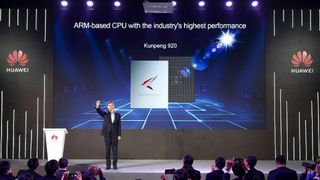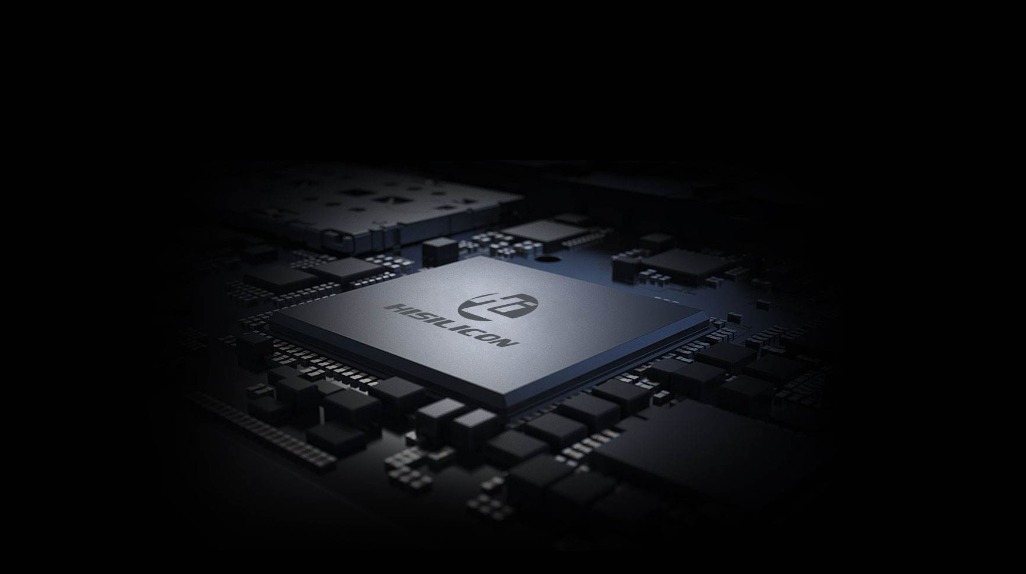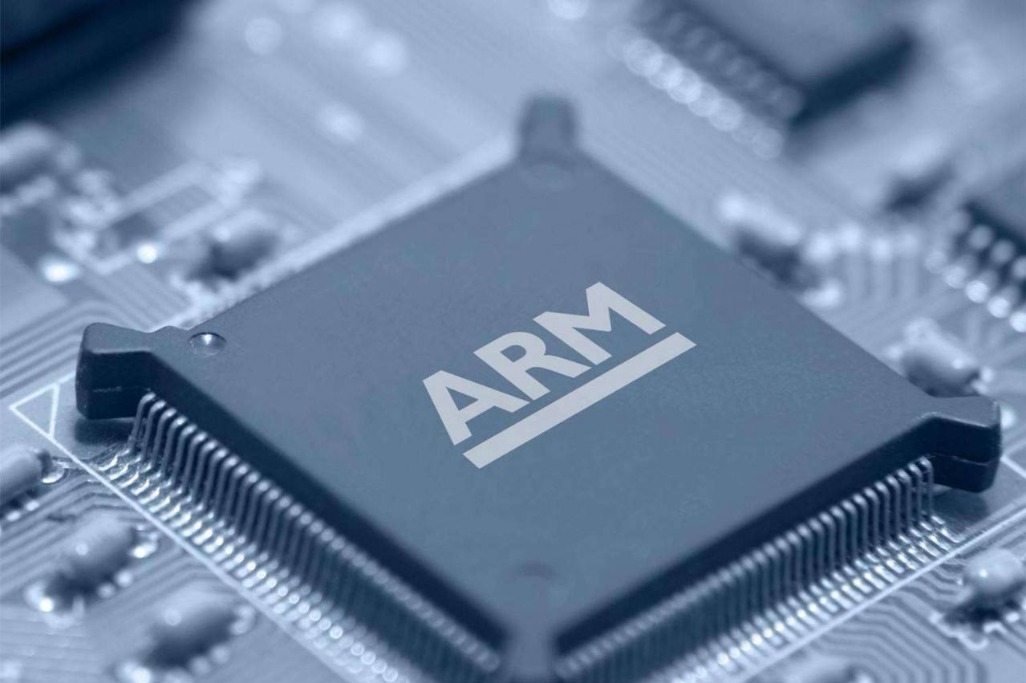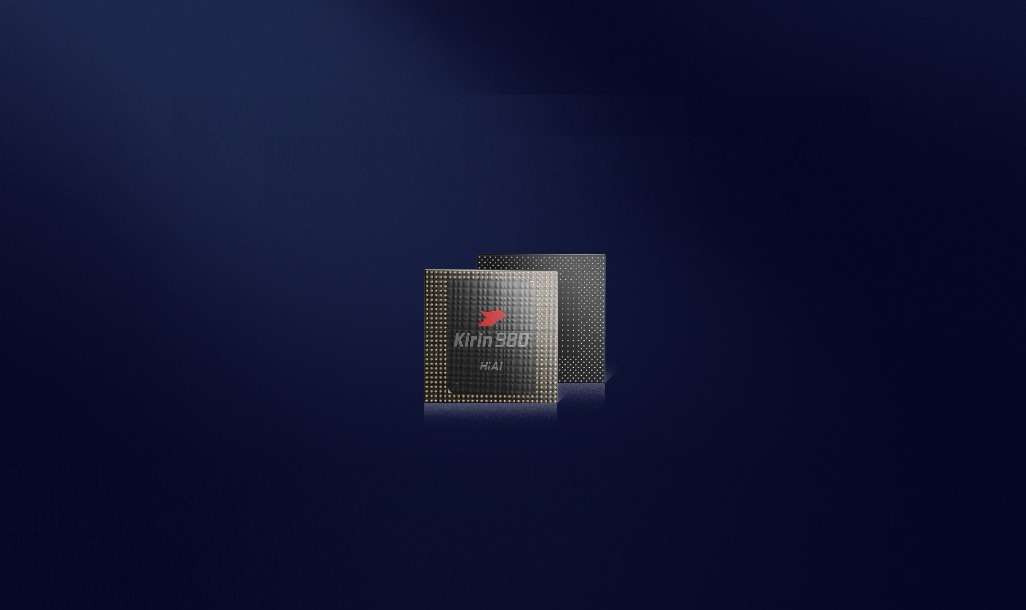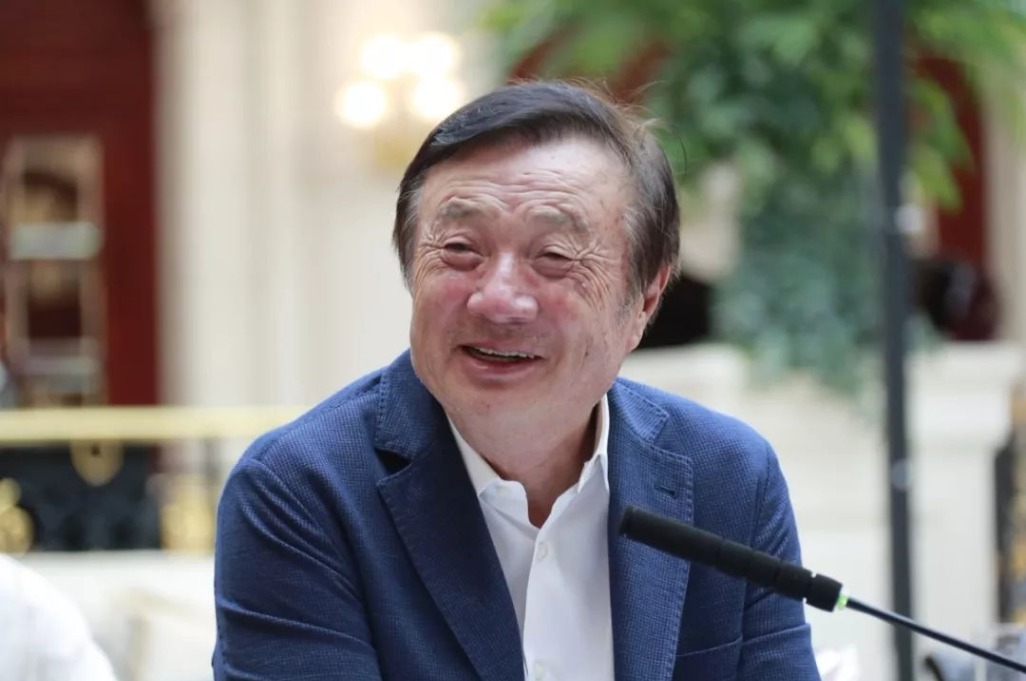- Joined
- Nov 29, 2016
- Messages
- 5,674
- Points
- 63
HUAWEI GOT IT'S VERY OWN CPU CHIP BETTER THAN ALL ELSE!
Any one messing with China in Technology get eaten alive.
EVERYTHING is done & prepared by China in MULTIPLE REDUNDANCY to REPLACE ALL OF G7 especially USA. Kim Chi & Japs also dead meat.
https://www.businessweekly.co.uk/ne...s-own-chip-factory-cambridge-counter-arm-blow
23 May, 2019 - 13:35 By Tony Quested
Huawei builds its own chip factory in Cambridge to counter Arm blow

Huawei is to make its own chips at a new factory in Cambridge UK technology hotspot as it fights back from the latest backlash from the US-China trade war.
The chip factory is slated for the 550-acre former Spicers site at Sawston for which Huawei recently paid £37.5 million, as first revealed by Business Weekly.
It appears the Chinese ICT giant had anticipated escalation of the bitter China-US impasse in making the Cambridge land acquisition as part of multi-billion dollar investment in the UK economy.
As part of the US-China fallout Arm has revealed that it has ended supply of its chips to Huawei-owned HiSilicon under restrictions from the White House.
The company said: “Arm is complying with the latest restrictions set forth by the US government and is having ongoing conversations with the appropriate US government agencies to ensure we remain compliant.
“Arm values its relationship with our longtime partner HiSilicon and we are hopeful for a swift resolution on this matter.”
If Arm cannot supply HiSilicon over the long haul it would seriously damage Huawei’s hopes of helping to supply a super fast 5G network for the UK and other European nations, among other potentially lucrative contracts.
The latest move is ironic as Arm CEO Simon Segars recently went public in saying that Huawei was best placed to help deliver 5G across the UK and Europe and that any delay in rollout could damage economies across the continent.
HiSilicon is a Chinese fabless semiconductor company based in Shenzhen, Guangdong and fully owned by Huawei.
It buys licenses for CPU designs from Arm, including the Arm Cortex-A9 MPCore, Arm Cortex-M3, ARM Cortex-A7 MPCore, ARM Cortex-A15 MPCore ARM Cortex-A53, ARM Cortex-A57 and also for their Mali graphics cores.
Any one messing with China in Technology get eaten alive.
EVERYTHING is done & prepared by China in MULTIPLE REDUNDANCY to REPLACE ALL OF G7 especially USA. Kim Chi & Japs also dead meat.
https://www.businessweekly.co.uk/ne...s-own-chip-factory-cambridge-counter-arm-blow
23 May, 2019 - 13:35 By Tony Quested
Huawei builds its own chip factory in Cambridge to counter Arm blow

Huawei is to make its own chips at a new factory in Cambridge UK technology hotspot as it fights back from the latest backlash from the US-China trade war.
The chip factory is slated for the 550-acre former Spicers site at Sawston for which Huawei recently paid £37.5 million, as first revealed by Business Weekly.
It appears the Chinese ICT giant had anticipated escalation of the bitter China-US impasse in making the Cambridge land acquisition as part of multi-billion dollar investment in the UK economy.
As part of the US-China fallout Arm has revealed that it has ended supply of its chips to Huawei-owned HiSilicon under restrictions from the White House.
The company said: “Arm is complying with the latest restrictions set forth by the US government and is having ongoing conversations with the appropriate US government agencies to ensure we remain compliant.
“Arm values its relationship with our longtime partner HiSilicon and we are hopeful for a swift resolution on this matter.”
If Arm cannot supply HiSilicon over the long haul it would seriously damage Huawei’s hopes of helping to supply a super fast 5G network for the UK and other European nations, among other potentially lucrative contracts.
The latest move is ironic as Arm CEO Simon Segars recently went public in saying that Huawei was best placed to help deliver 5G across the UK and Europe and that any delay in rollout could damage economies across the continent.
HiSilicon is a Chinese fabless semiconductor company based in Shenzhen, Guangdong and fully owned by Huawei.
It buys licenses for CPU designs from Arm, including the Arm Cortex-A9 MPCore, Arm Cortex-M3, ARM Cortex-A7 MPCore, ARM Cortex-A15 MPCore ARM Cortex-A53, ARM Cortex-A57 and also for their Mali graphics cores.

